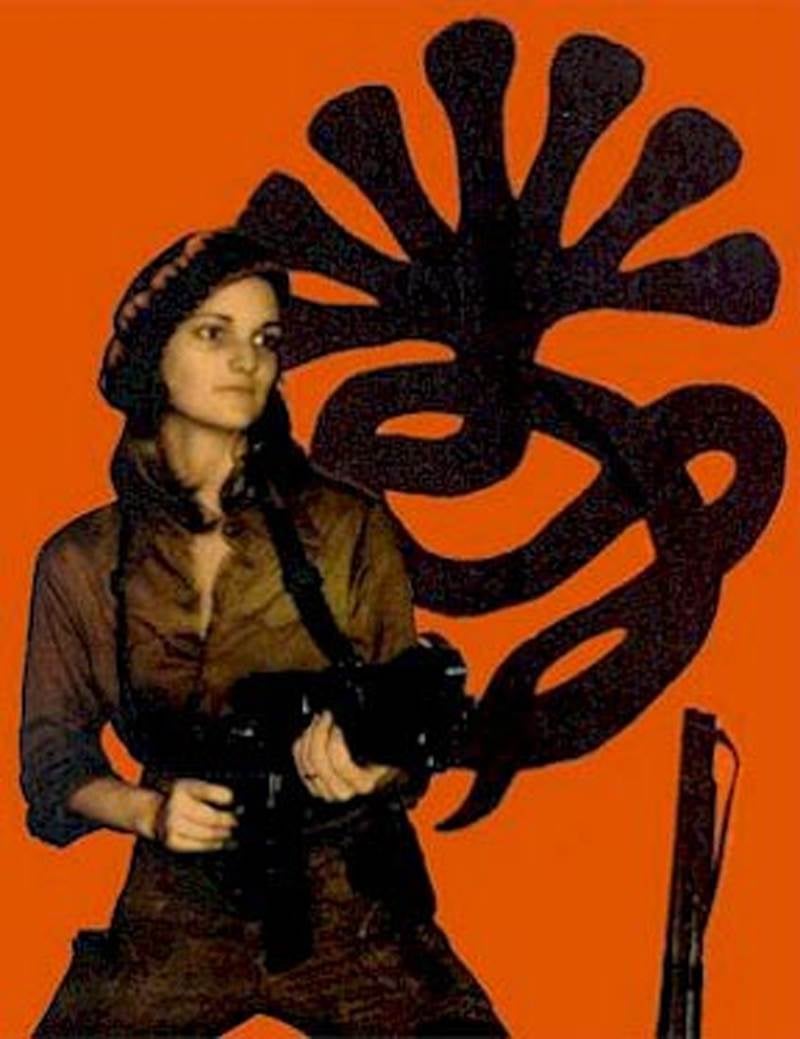images courtesy of the EPA's Documerica project (1971-1974)
I put up these fliers advertising a course I’m teaching in the
fall, about the legacies of the 1970s, and students have been asking questions. Why are the 70s so big right now?
Here are some reasons why I decided to draw my American Literature Since 1945 course into the vortex of that polyester decade.
Here are some reasons why I decided to draw my American Literature Since 1945 course into the vortex of that polyester decade.
First off, this song by Mike Watt and Eddie Vedder has been
one of my favorites for going on two decades:
Also, why wouldn't we want to spend a semester
examining the art and fiction of a decade that included the resignation of
Richard M. Nixon,
the fall of Evel Knievel,
the withdrawal of U.S. troops from Vietnam,
the arming of Patty Hearst,
the bombing of the State Department by the Weather
Underground, and the Roe v. Wade
decision. Not to mention all those cringeworthy fashion and design trends.
But quirk and kitsch are not the decade’s only sources of
allure. I'm teaching the course, in part, because I want to get to the bottom of why so many Instagram filters make digital photos look like Polaroid pictures and why, last Christmas as my family sifted through old photo albums,
my twentysomething niece, when she found a photo of her mother drenched in the analogue crepuscularity of a seventies sunset, vowed to start a band just so she could use that photo as an album cover.
My hunch is that 70s are important to fiction writers today because a 70s setting is an ideal backdrop through which to imagine a way
of being in the world that feels granular, like the opposite of the interface-fractured conveyor belting we do these days. In
explaining why she wrote her seventies-set novel, Rachel Kushner admits to
finding irresistible the “particular, slightly romantic glow” of its gritty
mis-en-scène.
Another reason why the 70s are magnetic now is that it's the last decade where young people got to live the life of the mind without having to feel like freaks. American
triumphalism was asleep during that decade. We hadn’t yet elected the Hollywood movie
star who single-handedly change the point of college from
it’s-where-you-go-to-develop-a-meaningful-philosophy-of-life to it’s-where-you-go-if-you-want-to-be-well-off-financially.
Look at this graph that measures student rankings of various objectives for attending college. At the start of the 70s, fewer than 40% answered “Being very well off financially” and almost 70% answered "Developing a meaningful philosophy of life." Today, those percentages have pretty much flipped.
So part of what makes me optimistic about 70s nostalgia is the possibility that it’s actually a nostalgia for a time when one wasn't scorned for wanting to organize her life around some principle other than financial gain.
Which is to say that the seventies are to this English professor as the fifties are to his mother. It is a magical decade in which radical political change was still possible, anyone could live in SoHo, and an heiress might take up arms against the pigs.
Look at this graph that measures student rankings of various objectives for attending college. At the start of the 70s, fewer than 40% answered “Being very well off financially” and almost 70% answered "Developing a meaningful philosophy of life." Today, those percentages have pretty much flipped.
So part of what makes me optimistic about 70s nostalgia is the possibility that it’s actually a nostalgia for a time when one wasn't scorned for wanting to organize her life around some principle other than financial gain.
Which is to say that the seventies are to this English professor as the fifties are to his mother. It is a magical decade in which radical political change was still possible, anyone could live in SoHo, and an heiress might take up arms against the pigs.
Here's a possible reading list for that 70s course:
Louise Meriweather, Daddy
Was a Number Runner (1970)
Nicholasa Mohr, Nilda (1974)
Jonathan Lethem, Fortress
of Solitude (2003)
Dana Spiotta, Eat the
Document (2006)
Junot Díaz, The Brief,
Wondrous Life of Oscar Wao (2007)
Sean McCann, Let the
Great World Spin (2009)
Rachel Kushner, Flamethrowers
(2013)



No comments:
Post a Comment